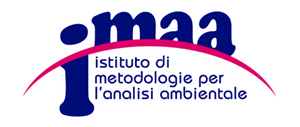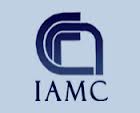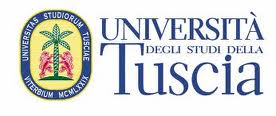
IOnian Sea water quality MOnitoring by Satellite data
Project leader
- National Research Council-Institute of Methodologies for Environmental Analysis (CNR-IMAA)

- C.da Santa Loja – 85050 Tito Scalo (PZ)
ITALY - Public Institution
Partner 1
- University of Basilicata
Engeneering School
(SI-UniBas) - Viale dell’Ateneo Lucano, 10 – 85100 Potenza
ITALY - Public Institution
Partner 2
- Technological Educational
Institute of Crete
(TEIC) 
- 3 Romanou Str., Chalepa GR – 73133 Chania Crete
GREECE - Public Institution
The IMAA has a decade of experience in the field of analysis of satellite data and in the development and implementation of innovative methodologies for natural and environmental hazards investigation and mitigation. Therefore, its role will concern, in a first phase, the acquisition and analysis of multi-temporal satellite products useful for the purposes of the project. Subsequently, the IMAA also will support the measurement campaigns and also the integration between the satellite and in-situ measurements.
SI-UniBas will collaborate with IMAA in the activities of satellite parameters time series processing, focusing more specifically on the implementation of automatic processing chains that can make faster the steps of characterization of the signals investigated, as well as for the detection of anomalies in their space-time domain. Concerning to the activities of analysis and processing of satellite data, the IMAA will focus more on polar platforms (eg. MODIS, SeaWiFS, AVHRR) data/products, while the main activity of SI-UniBas will concern the processing and interpretation of geostationary MSG-SEVIRI data.
The TEIC has significant experience and expertise in the study of environmental phenomena and processes with innovative methodologies, the application of geophysical methods and techniques and statistical analysis of time series of environmental data. The TEIC also has experience in the control of water quality and monitoring of marine and coastal environments. Its contribution will be mainly aimed at the processing of in-situ (i.e. non-satellite) data and to the planning and implementation of measurement campaigns.
- National Research Council - Institute for Coastal Marine Environment (CNR-IAMC)
Section of Taranto 
- Via Roma, 3 - 74100 Taranto (TA)
ITALY - Public Institution
- University of Tuscia - Dep. of Biological and Ecological Sciences
Laboratory of Experimental Oceanology and Marine Ecology (Civitavecchia) 
- P.zza Verdi, 1 – 00053 Civitavecchia (Roma)
ITALY - Public Institution
